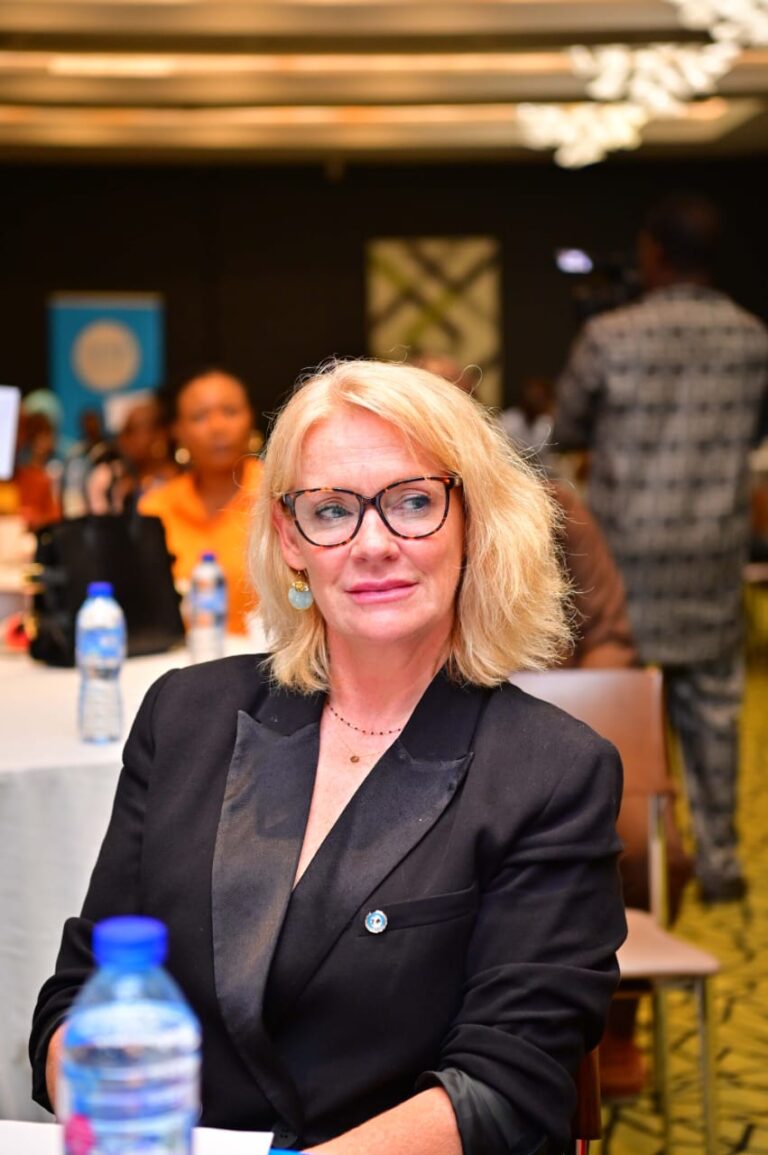
The United Nations Children Fund ( UNICEF ) has called for a collective approach in combating the cholera outbreaks in Nigeria.
The Chief of Lagos UNICEF Field Office ,Celine Lafoucrier stated this while responding to issues relating to the disease outbreaks.
Suggesting practical approaches to tame the menace ,the health expert encouraged communities to establish systems that promote key hygiene practices and transforming them into a cultural norm.
She argued that the current outbreak demonstrates the need for an urgent government focus on ensuring the water provided to the population is clean and risk-free.
“Addressing the challenges of cholera outbreaks requires a deliberate focus of state policies to provide high-standard water and sanitation facilities, as well as strengthened healthcare systems capable of responding to the demand in times of outbreaks, and state led educational campaigns on cholera prevention to protect children and the population at large.
These outbreaks underscore the urgent need for improved access to clean water and sanitation in many areas.
Despite the state government’s efforts to provide water to its population, “Cholera outbreaks originate and spread within communities, making community-led and participatory approaches essential for sustainable prevention. Communities and local governments can play crucial roles by leveraging communication channels to educate and protect public health.
“Prevention is more cost-effective than cure; thus, communities should establish systems that promote key hygiene practices, transforming them into a cultural norm. Community-led surveillance can enforce sanitation practices, with empowered local monitors ensuring compliance.
“Ultimately, access to clean water and sanitation is critical in preventing outbreaks.
Communities must take collective action to ensure clean water access and maintain good hygiene.
Identifying and empowering positive role models within the community can encourage the widespread adoption of healthy practices.
Speaking on the implications of the recurrent outbreaks, UNICEF Officer said this critically affect children and populations at large.
” These vulnerable groups face substantial health risks, particularly those under five who are prone to severe dehydration and higher mortality rates.
“Educational disruption is yet another critical consequence of cholera outbreaks, as illness and the need to care for sick family members lead to school closures and reduced attendance, hindering children’s learning and development.
Similarly, post-recovery issues in children can include malnutrition, stunted growth, and weakened immune systems, increasing susceptibility to other diseases.
“These outbreaks underscore the urgent need for improved access to clean water and sanitation in many areas.
Despite the state government’s efforts to provide water to its population, the current outbreak demonstrates the need for an urgent government focus on ensuring the water provided to the population is clean and risk-free.
Addressing the challenges of cholera outbreaks requires a deliberate focus of state policies to provide high-standard water and sanitation facilities, as well as strengthened healthcare systems capable of responding to the demand in times of outbreaks, and state led educational campaigns on cholera prevention to protect children and the population at large.


